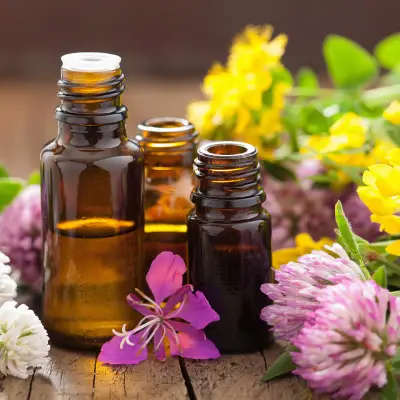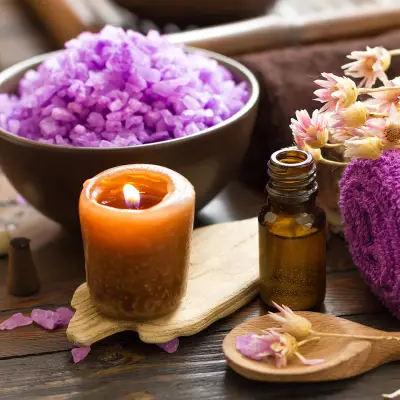Have you ever tossed and turned at night, unable to fall asleep? Or perhaps you wake up in the early hours, staring at the ceiling, willing yourself to drift back into slumber? You're not alone. Many people struggle with sleep issues, and the longing for a good night's sleep can be frustrating.
Luckily, there are natural remedies that might help. In this article, we'll explore the best essential oils for sleep, explaining how they work and how you can use them to improve your sleep quality.
Jump to:
- How Do Essential Oils Help with Sleep?
- Lavender Oil
- Chamomile Oil
- Bergamot Oil
- Sandalwood Oil
- Ylang Ylang Oil
- Cedarwood Oil
- Marjoram Oil
- Vetiver Oil
- Clary Sage Oil
- Frankincense Oil
- Neroli Oil
- Sweet Orange Oil
- Tips for Using Essential Oils Safely
- Enhancing Your Sleep Routine with Essential Oils
- Frequently Asked Questions About Essential Oils for Sleep
- Study Aromatherapy for £29
How Do Essential Oils Help with Sleep?
Essential oils are natural extracts from plants that capture their scents and beneficial properties. They have been used for centuries in various cultures for their healing and soothing effects. Certain essential oils are known for their calming and relaxing properties, making them popular choices for those looking to enhance their sleep routine.
Aromatherapy, the practice of using essential oils for therapeutic purposes, can significantly impact your sleep. When you inhale the aroma of an essential oil, it sends signals to your brain's limbic system, which controls emotions and influences the nervous system. This can result in a calming effect, reducing stress and anxiety, which are common culprits of sleepless nights.
Recommended for you!
Best Sellers1. Lavender Oil

Lavender oil is perhaps the most well-known essential oil for promoting sleep. Its calming and soothing properties make it a go-to for many people struggling with insomnia. Scientific studies have shown that lavender oil can improve the quality of sleep, increase the duration of sleep, and help you fall asleep faster. Its ability to reduce anxiety and depression is also well-documented, making it a powerful ally in the battle against sleeplessness.
To use lavender oil for sleep, try adding a few drops to a diffuser in your bedroom. You can also add it to a warm bath before bedtime or mix it with a carrier oil and apply it to your wrists and temples.
2. Chamomile Oil
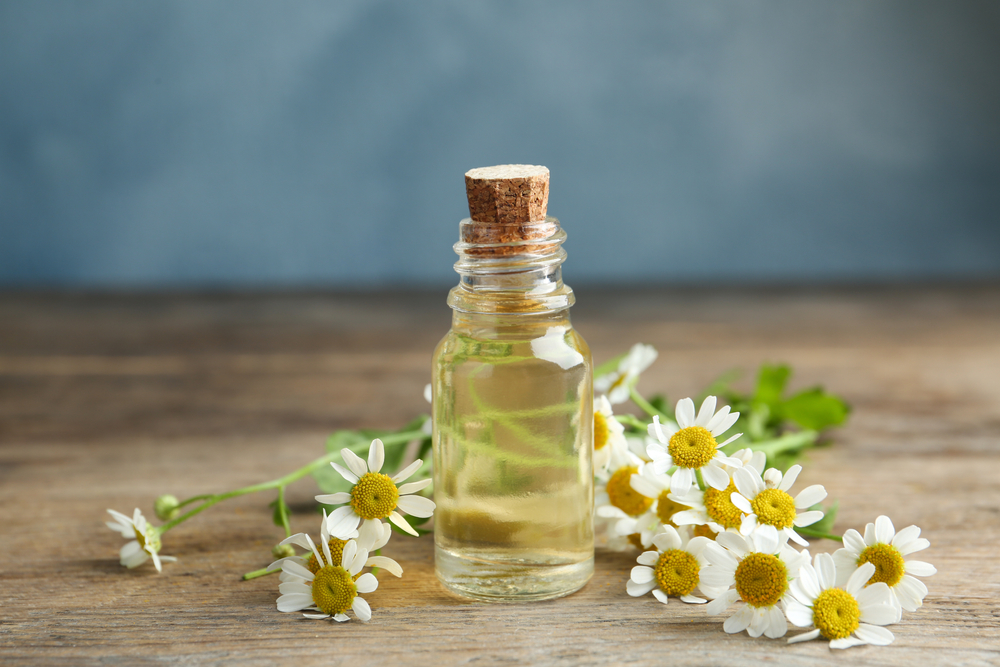
Chamomile oil is another excellent choice for promoting relaxation and sleep. It has mild sedative properties that can help calm the mind and body. Roman chamomile, in particular, is known for its soothing effects and is often used to treat insomnia and anxiety. The sweet, apple-like scent of chamomile is pleasant and calming, creating a serene environment to help you sleep.
Diffuse chamomile oil in your bedroom, or add a few drops to your pillow. You can also mix it with a carrier oil and massage it into your skin before bed.
3. Bergamot Oil

Bergamot oil has a unique ability to relieve stress and anxiety without being overly stimulating. This makes it an excellent choice for winding down before bed. Unlike other citrus oils, bergamot has a calming rather than energising effect. It helps to lower blood pressure and heart rate, preparing your body for sleep. The light, citrusy scent can uplift your mood while simultaneously calming your nerves.
Diffuse bergamot oil in the evening or blend it with a carrier oil for a calming massage. Inhaling its citrusy scent can help ease your mind and prepare you for sleep.
4. Sandalwood Oil
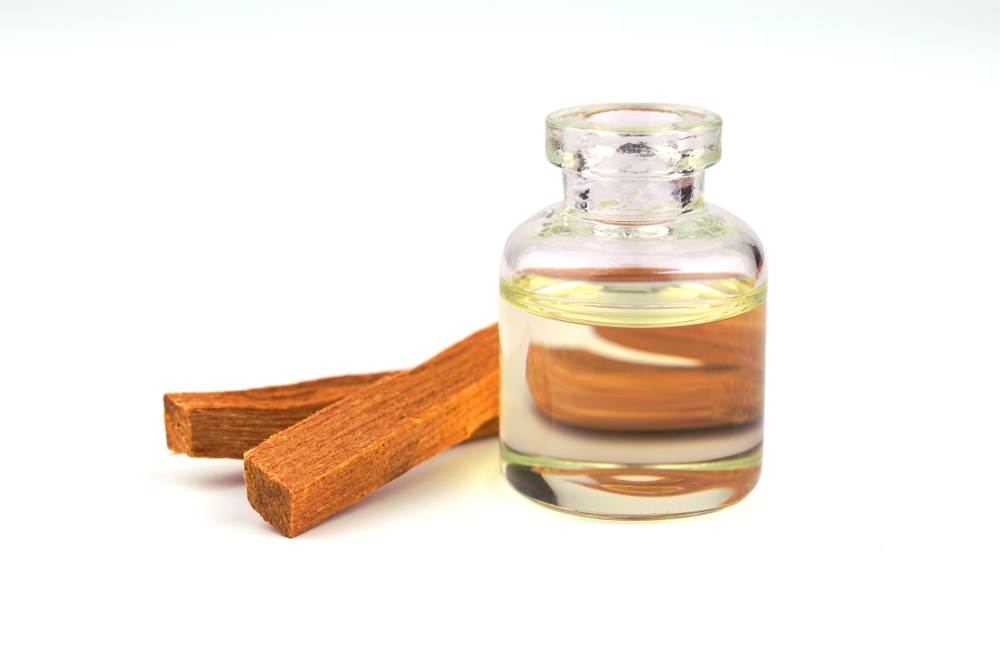
Sandalwood oil is known for its grounding and calming effects. Its rich, woody aroma can help quiet a restless mind and promote deep, restful sleep. Sandalwood has been used in traditional medicine and spiritual practices for centuries due to its ability to calm the nervous system and reduce anxiety. The warm, earthy scent is particularly effective for those who find it difficult to switch off at night.
Add a few drops of sandalwood oil to a diffuser or blend it with a carrier oil for a soothing massage. You can also add it to your evening bath to help you unwind.
5. Ylang Ylang Oil

Ylang ylang oil reduces stress and induces feelings of peace. Its sweet, floral scent can help create a serene sleeping environment. Ylang ylang has been shown to reduce blood pressure and cortisol levels, helping to ease tension and promote relaxation. It's a perfect choice for creating a tranquil atmosphere that encourages restful sleep.
Diffuse ylang ylang oil in your bedroom, or add a few drops to a warm bath. You can also mix it with a carrier oil and apply it to your skin before bed.
6. Cedarwood Oil
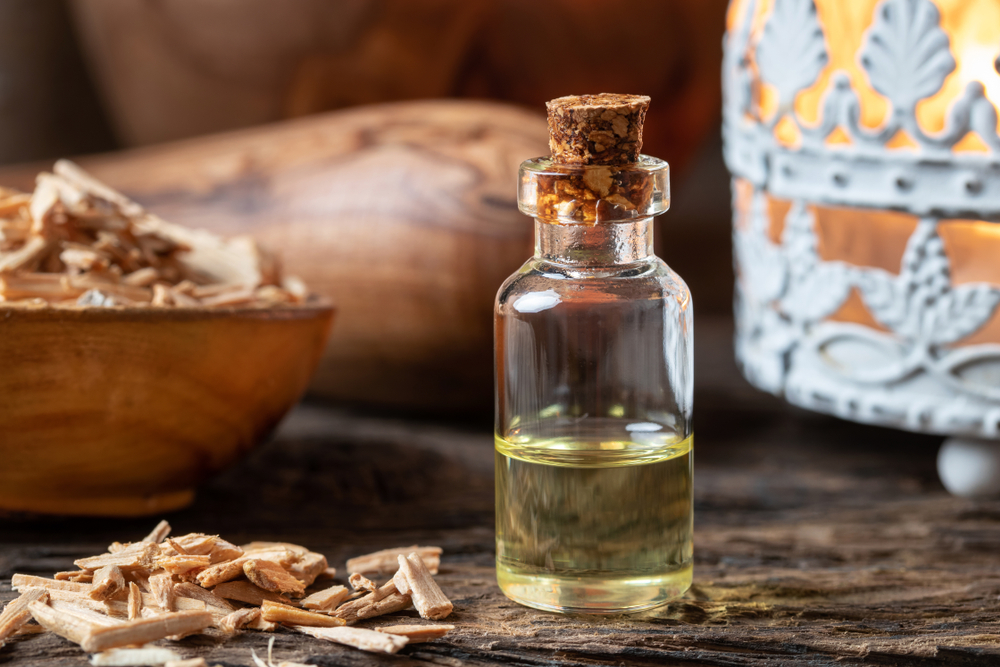
Cedarwood oil has a warm, woody scent that is known to promote relaxation and deep sleep. Its sedative properties make it a great addition to your bedtime routine. Cedarwood oil helps stimulate the production of serotonin, which is converted into melatonin in the brain. Melatonin is the hormone that regulates your sleep-wake cycle, making cedarwood a powerful tool for achieving a restful night’s sleep.
Diffuse cedarwood oil in your bedroom, or add it to a carrier oil for a calming massage. You can also apply it to the soles of your feet before bed.
7. Marjoram Oil

Marjoram oil is often overlooked, but it is highly effective in promoting sleep. Its calming properties can help reduce tension and anxiety. Marjoram has been used for centuries to treat nervousness and hyperactivity. The herbaceous, slightly spicy scent of marjoram oil can create a comforting atmosphere that helps you relax and prepare for sleep.
Diffuse marjoram oil or add it to a carrier oil for a relaxing massage. You can also add a few drops to your pillow or bedding.
8. Vetiver Oil
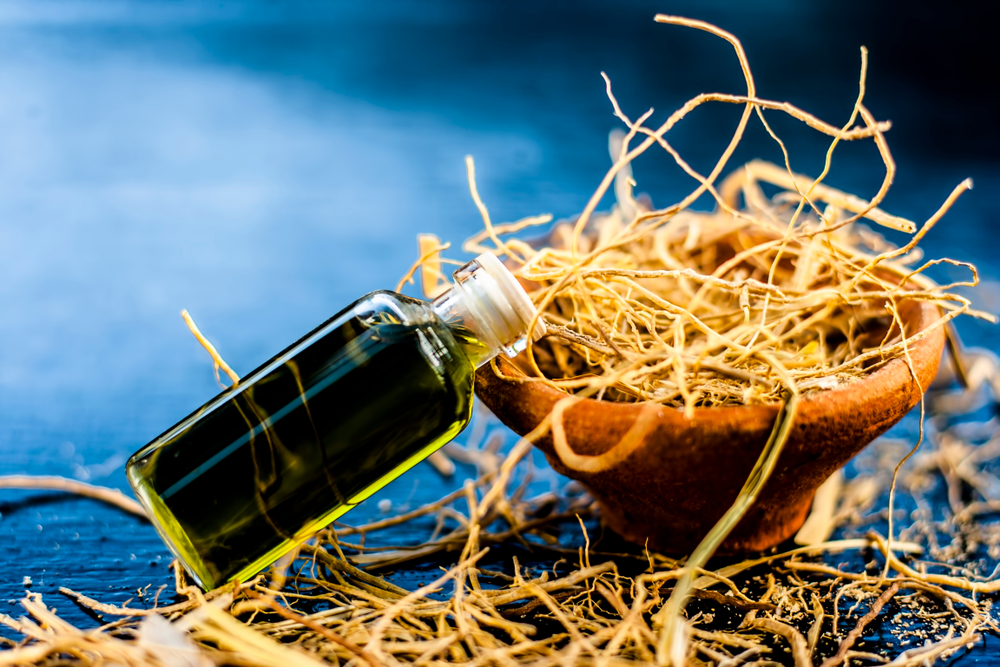
Vetiver oil has a rich, earthy scent that is deeply relaxing. It is particularly beneficial for those who have trouble staying asleep. Vetiver is known for its grounding properties, making it ideal for calming an overactive mind. Its deep, earthy aroma can help you feel more centred and ready to rest.
Diffuse vetiver oil in your bedroom, or mix it with a carrier oil for a calming massage. You can also apply it to your wrists and temples.
9. Clary Sage Oil
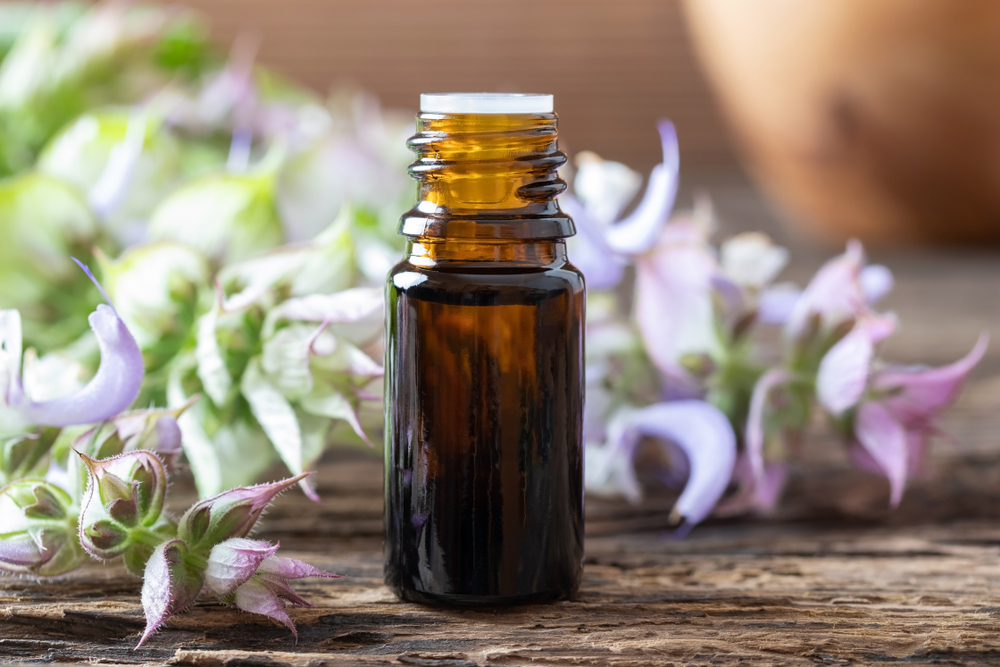
Clary sage oil is known for its ability to reduce stress and balance hormones, making it a great choice for promoting restful sleep. This oil is particularly helpful for women, as it can help reduce symptoms of PMS and menopause, which can often interfere with sleep. The sweet, nutty scent of clary sage creates a soothing environment perfect for relaxation.
Diffuse clary sage oil or add it to a warm bath. You can also mix it with a carrier oil and apply it to your skin before bed.
10. Frankincense Oil
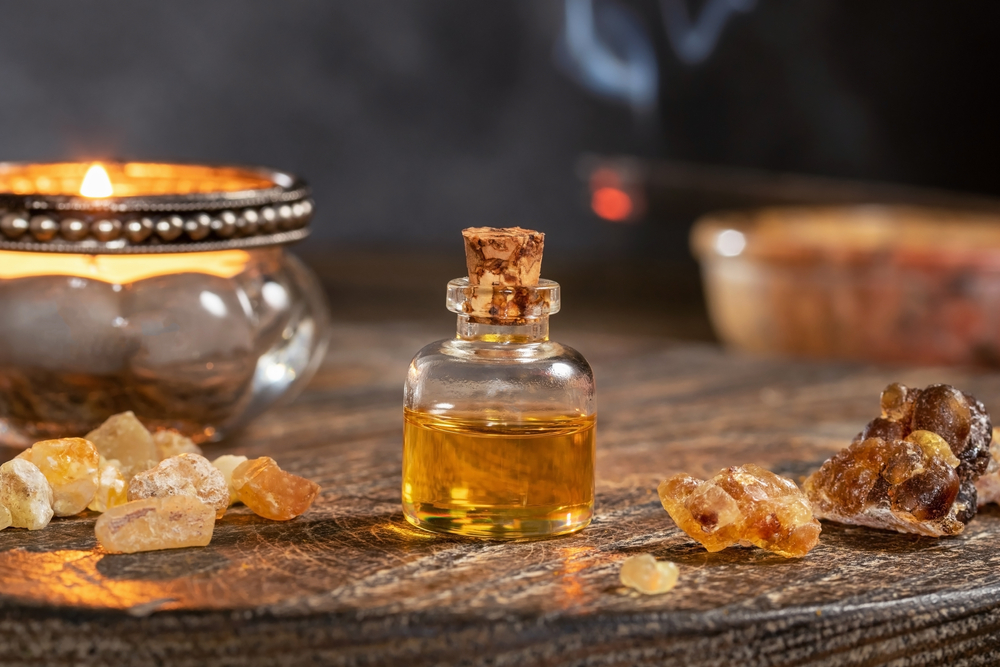
Frankincense oil has a grounding and calming effect that can help prepare your mind and body for sleep. It has been used in spiritual and healing practices for centuries. Frankincense can help slow your breathing and reduce stress, creating a peaceful atmosphere to help you sleep. The rich, resinous scent is calming and uplifting, making it a perfect addition to your bedtime routine.
Diffuse frankincense oil in your bedroom or add it to a carrier oil for a soothing massage. You can also apply it to your wrists and temples.
11. Neroli Oil
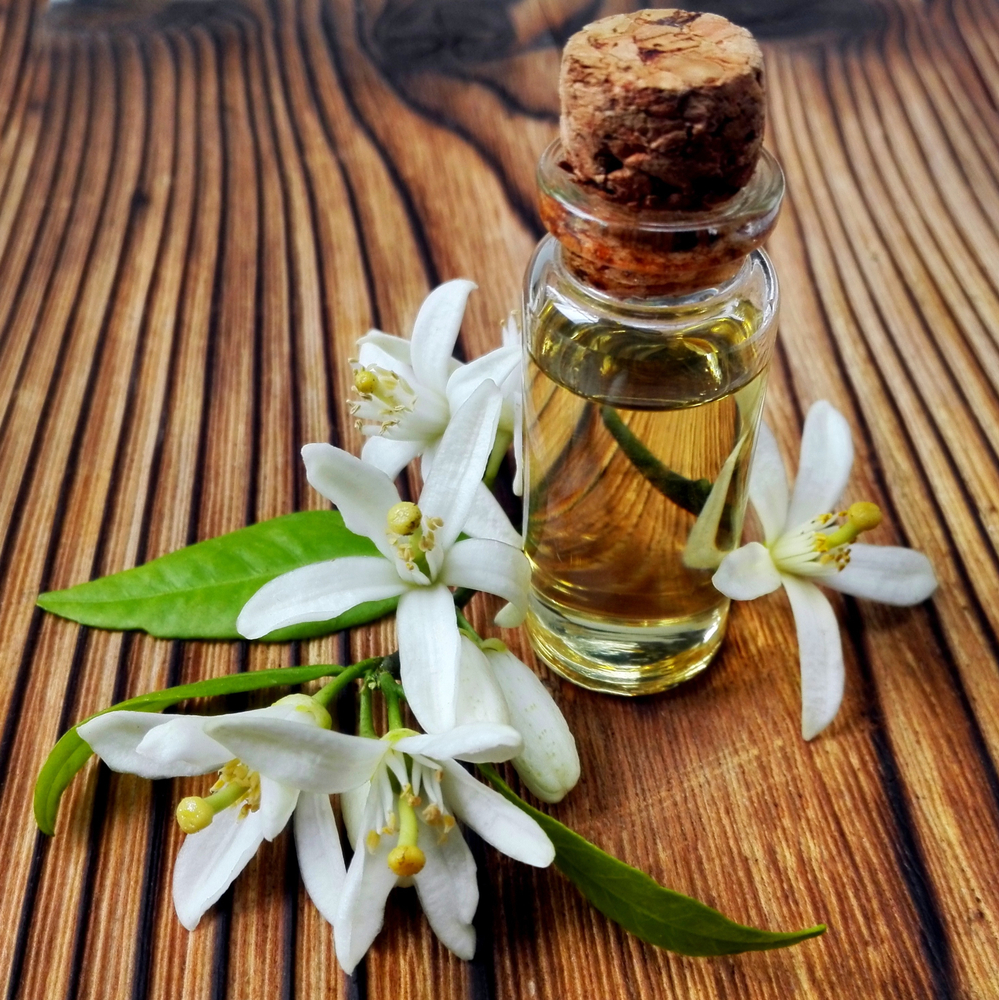
Neroli oil, extracted from the blossoms of the bitter orange tree, has a sweet, floral aroma that is highly effective in reducing anxiety and stress. It also has sedative properties that can help improve the quality of your sleep. Neroli oil can also help regulate your circadian rhythm, making it easier for you to fall asleep and stay asleep.
Diffuse Neroli oil in your bedroom or add it to a warm bath. You can also mix it with a carrier oil and apply it to your skin before bed.
12. Sweet Orange Oil
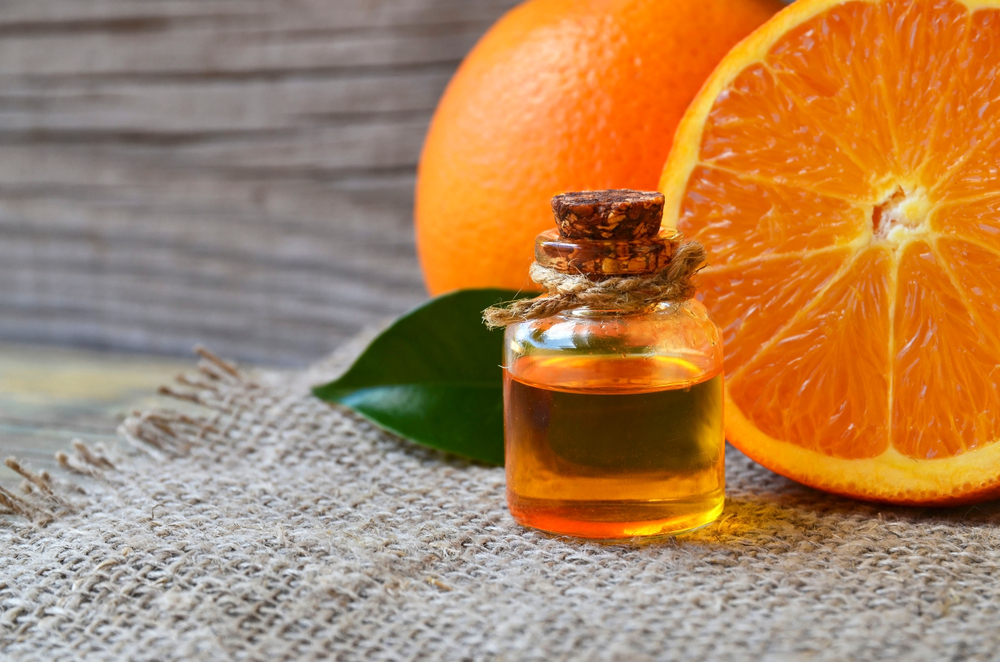
Sweet orange oil has a bright, citrusy scent that can help uplift your mood while promoting relaxation. It is particularly useful for reducing stress and anxiety, which can interfere with sleep. The refreshing scent of sweet orange can help create a positive and calming atmosphere, making it easier for you to unwind at the end of the day.
Diffuse sweet orange oil in your bedroom or mix it with a carrier oil for a soothing massage. You can also add a few drops to your evening bath to help you relax.
Tips for Using Essential Oils Safely
While essential oils can be incredibly beneficial, it's important to use them safely. Here are some tips to keep in mind:
- Dilute Properly: Always dilute essential oils with a carrier oil before applying them to your skin to avoid irritation.
- Patch Test: Conduct a patch test to ensure you don’t have an allergic reaction to a new essential oil.
- Quality Matters: Use high-quality, pure essential oils to ensure you’re getting the best benefits.
- Consult a Professional: If you have any health conditions or are pregnant, consult a healthcare professional before using essential oils.
- Check They're Pet-Safe: Many essential oils can be harmful or even deadly for pets, even when mixed with carrier oils. Always do your research and check oils are safe for pets before using them.
Enhancing Your Sleep Routine with Essential Oils
Incorporating essential oils into your bedtime routine can be a simple and effective way to improve your sleep. Here are a few ideas to get you started:
- Diffusion: Add a few drops of your favourite sleep-promoting essential oil to a diffuser and let it run as you prepare for bed.
- Bedtime Bath: Add essential oils to a warm bath to help relax your muscles and mind.
- Massage: Mix essential oils with a carrier oil and give yourself a gentle massage before bed.
- Pillow Spray: Create a pillow spray by diluting essential oils in water and spraying it on your pillow and bedding.
Recommended for you!
Best SellersFrequently Asked Questions About Essential Oils for Sleep
What is the best way to use essential oils for sleep?
The most effective way to use essential oils for sleep is through diffusion. Adding a few drops of your chosen essential oil to a diffuser in your bedroom allows the aroma to disperse throughout the room, creating a calming environment. You can also apply diluted essential oils topically to your skin, particularly on your wrists, temples, and soles of your feet. Another option is to add essential oils to a warm bath before bedtime to help relax your muscles and mind.
Can essential oils help with insomnia?
Certain essential oils are known to help with insomnia by promoting relaxation and reducing anxiety, which are common causes of sleeplessness. Oils such as lavender, chamomile, and sandalwood have sedative properties that can help you fall asleep faster and improve the quality of your sleep.
Are essential oils safe for everyone to use?
While essential oils are generally safe for most people, it's important to use them correctly. Always dilute essential oils with a carrier oil before applying them to your skin to avoid irritation. Conduct a patch test to ensure you don’t have an allergic reaction to a new essential oil. Pregnant women, children, and people with certain health conditions should consult a healthcare professional before using essential oils.
How many drops of essential oil should I use in a diffuser?
The number of drops can vary depending on the size of your diffuser and the strength of the essential oil. Generally, adding 5-10 drops of essential oil to your diffuser is sufficient. Start with a smaller amount and adjust as needed to achieve the desired strength of aroma.
Can I mix different essential oils for sleep?
You can blend different essential oils to create a customised sleep aid. Popular combinations include lavender and chamomile, or bergamot and ylang ylang. Experiment with different blends to find what works best for you. Be sure to follow proper dilution guidelines when creating your blends.
Can essential oils be used on bedding?
Essential oils can be used on bedding, but they should be diluted first. Create a pillow spray by mixing a few drops of essential oil with water in a spray bottle. Lightly mist your pillow and sheets before bed to create a calming atmosphere. Be careful not to use too much, as the oils can sometimes stain fabrics.
Are there any essential oils I should avoid for sleep?
While most essential oils can promote relaxation, some can be stimulating and may not be suitable for use before bed. For example, peppermint and rosemary can be invigorating and may keep you awake. Stick to oils known for their calming and sedative effects, such as lavender, chamomile, and cedarwood.
How long will the effects of essential oils last?
The effects of essential oils can vary depending on the oil and the individual. Generally, the calming effects of essential oils can last for a few hours, which is usually sufficient for helping you fall asleep. If you find that the effects wear off too quickly, you can reapply or refresh the scent by adding more oil to your diffuser or pillow spray.
Study Aromatherapy for £29
At Centre of Excellence, we offer an Aromatherapy Diploma Course that can help you become an expert in using essential oils for various purposes, including sleep. Enrol today and take advantage of our special discounted price of £29.


